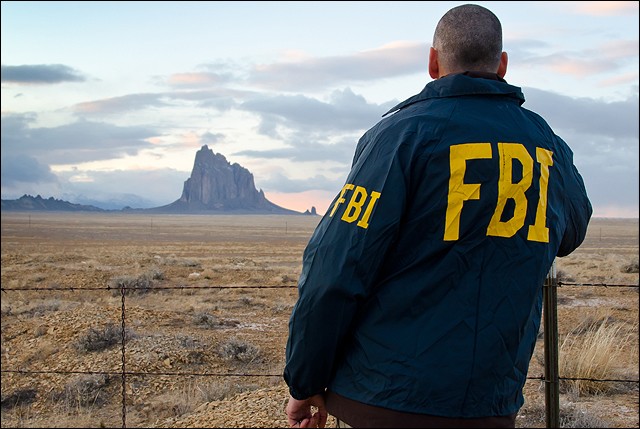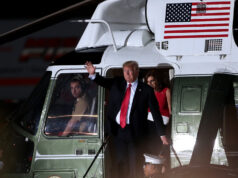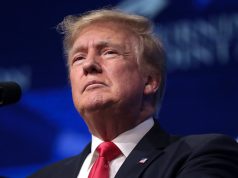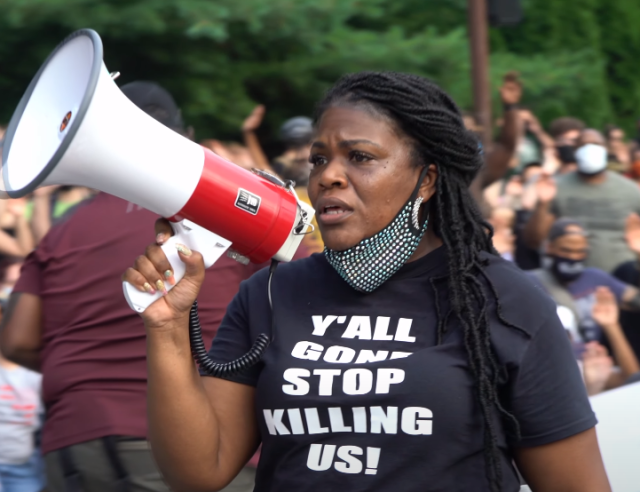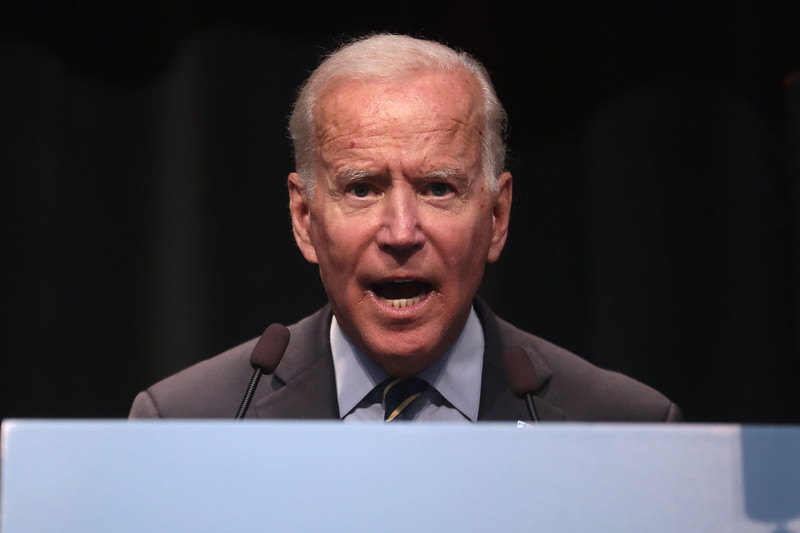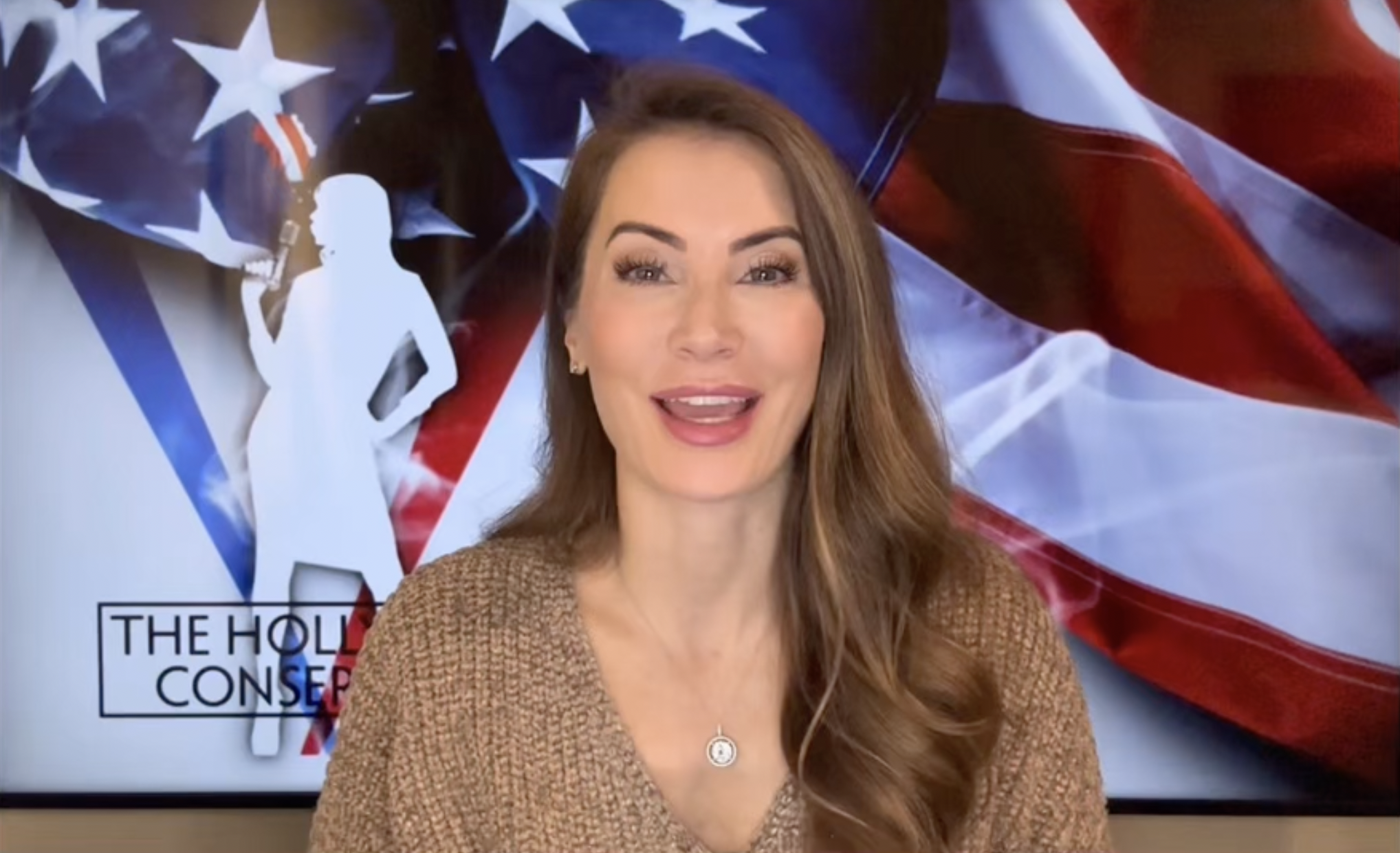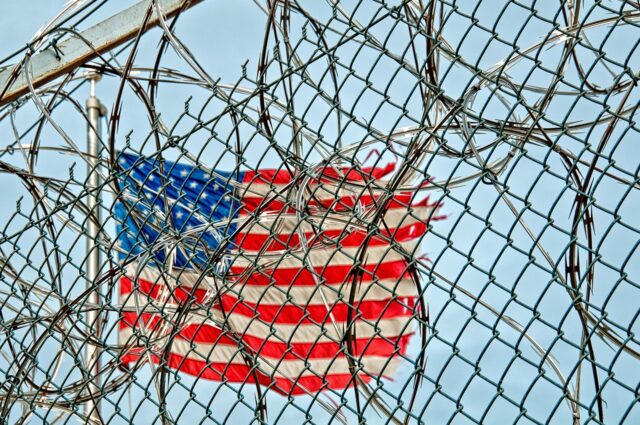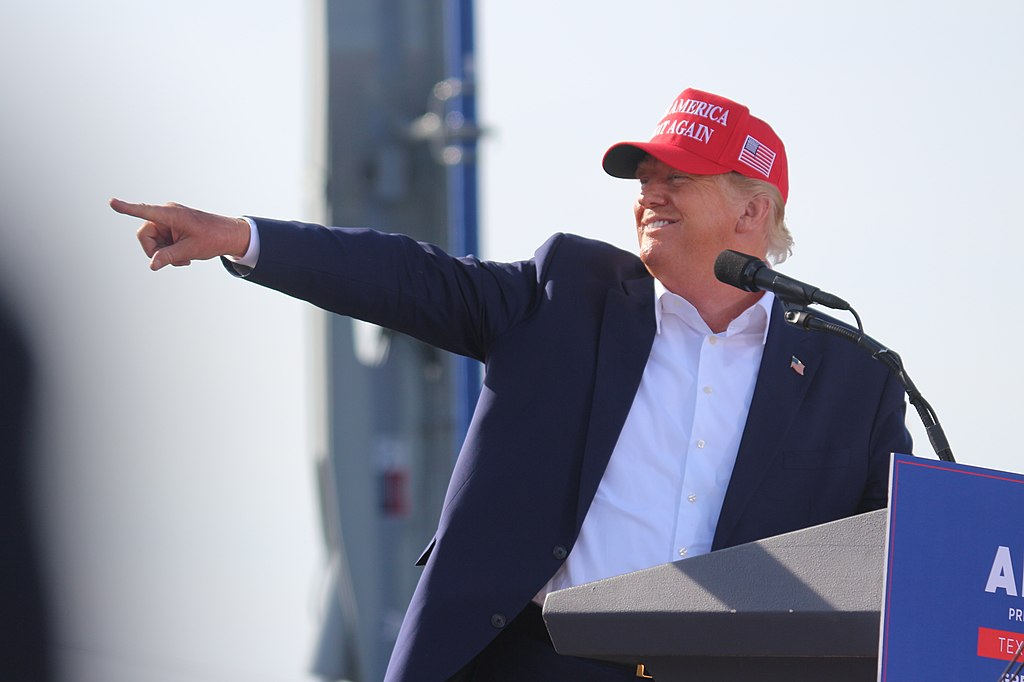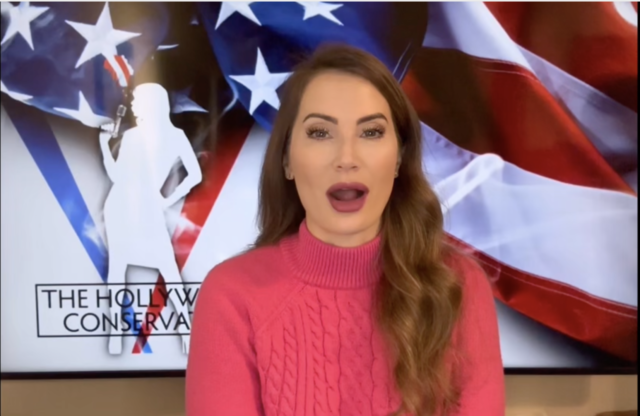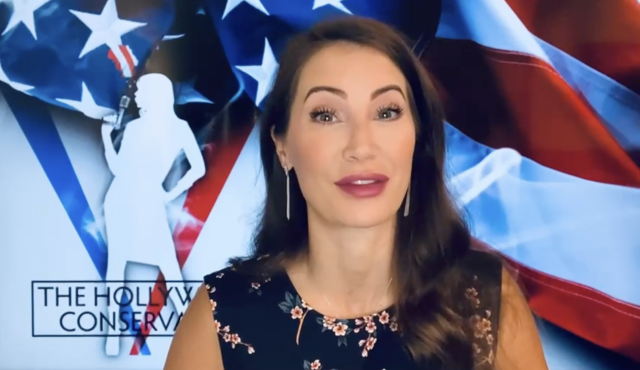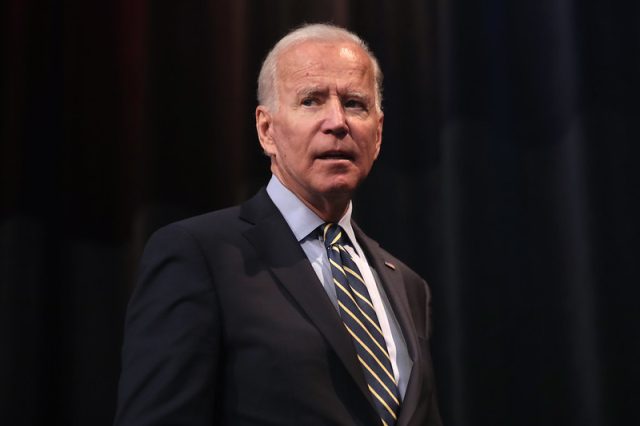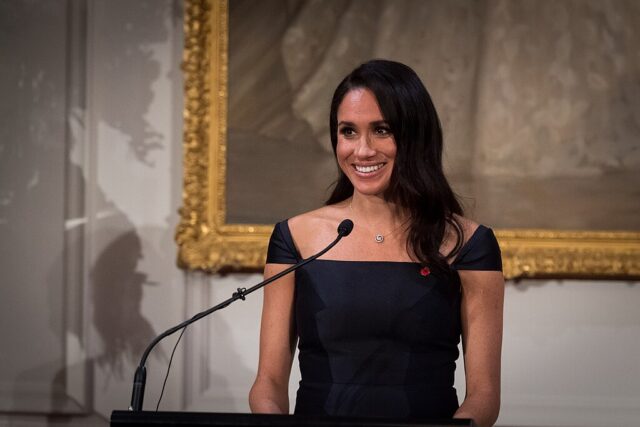Congress Looking Into Virginia Prosecutor After Threats To Top Trump Staffer
Congress is taking action after a Virginia prosecutor seems to have allowed liberal activists to cultivate threats against a top Trump official and his children.
The U.S. House Judiciary Committee report Chairman Jim Jordan (R-OH) has “sent a letter to Parisa Dehghani-Tafti, prosecutor for Arlington County and the City of Falls Church, demanding information about her ignoring threats to White House Deputy Chief of Staff for Policy Stephen Miller and the intimidation of his family.”
“The Federal Bureau of Investigation (FBI) determined that a left-wing activist likely violated state and federal anti-doxing laws when she posted flyers depicting Miller’s face and publicizing his home address. The FBI sought a search warrant for Wien’s phone; however, U.S. Magistrate Judge Lindsey Vaala, who has previously donated to the presidential campaigns of Presidents Obama and Biden, denied the FBI’s request,” the committee reports.
“According to investigators involved in the case, Dehghani-Tafti has been ‘stymying the investigation’ into the threats made against the Miller family. Dehghani-Tafti’s conduct suggests that she is willing to not only ignore threats of political violence against those with whom she disagrees, but will actively side with those making the threats,” the committee reports.
“The Miller family deserves the same protections afforded to all Americans, particularly when it comes to feeling safe in their own home. Their safety is especially important in light of recent left-wing political violence against prominent Republicans, and the election of an attorney general in Virginia who fantasizes about murdering the children of his political opponents,” the committee adds.
In the letter to Dehghani-Tafti, Jordan writes, in part:
Since the 118th Congress, the Committee on the Judiciary has been conducting oversight of politically motivated prosecutorial actions of state and local prosecutors. On September 11, 2025, a left-wing activist, Barbara Wien, posted flyers in her Arlington, Virginia neighborhood depicting White House Deputy Chief of Staff for Policy Stephen Miller’s face and publicizing his home address. While posting the flyers, Wien walked past Miller’s house and attempted to intimidate his wife, who was sitting on the front porch, by indicating she was watching the Miller family,” the committee further reports.
The Federal Bureau of Investigation (FBI) determined Wien likely violated state and federal anti-doxing laws and sought a search warrant for her phone. However, U.S. Magistrate Judge Lindsey Vaala, who has previously donated to the presidential campaigns of Presidents Obama and Biden, denied the FBI’s request” the committee writes. On October 1, 2025, Virginia State Police secured a warrant from a state court judge.
After determining that Wien had misled investigators during an interview on October 1, the FBI sought another search warrant. Once again, Magistrate Judge Vaala denied the request. On October 2, 2025, in the matter pending before a court in Arlington County, you made ‘an unusual request’ by siding ‘with the defense’ in requesting that the judge overseeing the matter limit the search warrant and the information that state police could share with the FBI, which the judge so ordered. According to investigators involved in the case, you have been “stymying the investigation” into the threats made against the Miller family.
Additionally, you reportedly support a left-wing ‘activist group’ known as Arlington Neighbors United for Humanity (ANUFH). Wien is a member of ANUFH and the flyers she posted displaying the Millers’ home address also featured a QR code linking to ANUFH’s Instagram account. ANUFH has previously left threatening chalk messages outside the Millers’ home and praised the violent anarchist network Antifa.
Your unmistakably partisan actions suggest that you are willing to not only ignore threats of political violence against those with whom you disagree, but will actively side with those making the threats. The Miller family deserves the same protections afforded to all Americans, particularly when it comes to feeling safe in their own home. Their safety is especially important in light of recent left-wing political violence against prominent Republicans, and the election of an attorney general in Virginia who fantasizes about murdering the children of his political opponents.”
The opinions expressed are those of the author and do not necessarily reflect the positions of Great America News Desk.


